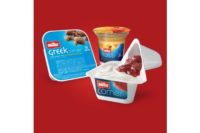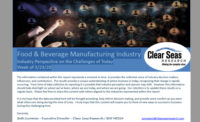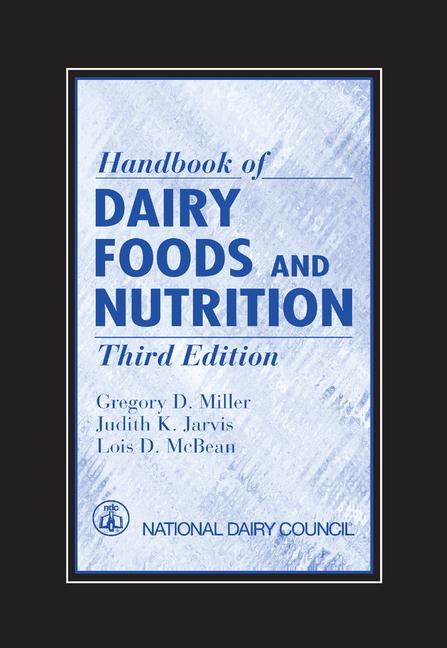European Commission delays health certificate regulation
IDFA said the move protects U.S. dairy exports and global infant nutrition supply chains.

After months of advocacy by the International Dairy Foods Association (IDFA) with U.S. and European officials, the European Commission (EC) decided Aug. 10 to extend the implementation deadline for its new health certificate requirements to Jan. 15, 2022. In doing so, IDFA said the EC is backing off threats to shut down U.S. dairy exports to European Union (EU) member states, as well as transshipments of U.S. dairy products through the EU.
Washington, D.C.-based IDFA said it and U.S. officials considered the certificate requirements — requiring animal health monitoring and veterinarian sign-off, among other requirements — to be burdensome and in conflict with international standards set by the World Organisation for Animal Health (OIE). U.S. dairy exports to Europe are used to manufacture an estimated $600-900 million in global infant and adult nutrition products. The EC’s extension provides enough time for U.S. and European officials to complete their discussions and determine appropriate implementation procedures for U.S. exports.
“America’s dairy industry should not be collateral damage for trade disputes,” said Michael Dykes, D.V.M., IDFA’s president and CEO. “While this stage of IDFA’s advocacy has reached a successful conclusion, we remain deeply concerned by the variety of ongoing trade barriers erected by the European Commission. We are grateful for the support and intervention of the Biden administration to resolve this matter and hope the U.S. government will continue working with IDFA to help U.S. dairy gain access to the EU market.”
IDFA said it has been working judiciously with U.S. officials to ensure U.S. dairy exports to the EU would continue uninterrupted. IDFA requested the extension and sought the U.S. government’s support to implement the requirements as written if an extension was not granted.
Even with the extension, IDFA’s members need greater clarity from both governments about certain details of the implementation plan. IDFA said it will continue working with USDA and the Office of the U.S. Trade Representative to make sure those questions are resolved. Additionally, IDFA has been in contact with European dairy associations such as Eucolait that share the association’s view on the disruptive nature of the EC requirements.
“We appreciate the U.S. government’s responsiveness to the concerns of the global dairy and infant formula industries, and for the European Commission’s acknowledgement of the need to delay implementation,” said Becky Rasdall, IDFA’s vice president for trade policy and international affairs. “This extension helps avoid needless catastrophic impacts to global nutrition supply chains and dairy-related jobs in Europe and the U.S. by granting officials enough time to provide guidance to those companies that simply want to know how to comply. It was the right thing to do.”
IDFA member companies make and supply medically important specialized nutritional products for infants and adults that are made exclusively for European companies or shipped through EU member states. The EC import requirements on U.S. goods included onerous animal health attestations that applied to all products shipped to the EU and through its territory, including dairy shipments destined for U.S. military bases in Europe and any products shipped to other countries for further processing before being exported back to the EU, IDFA said.
Looking for a reprint of this article?
From high-res PDFs to custom plaques, order your copy today!







